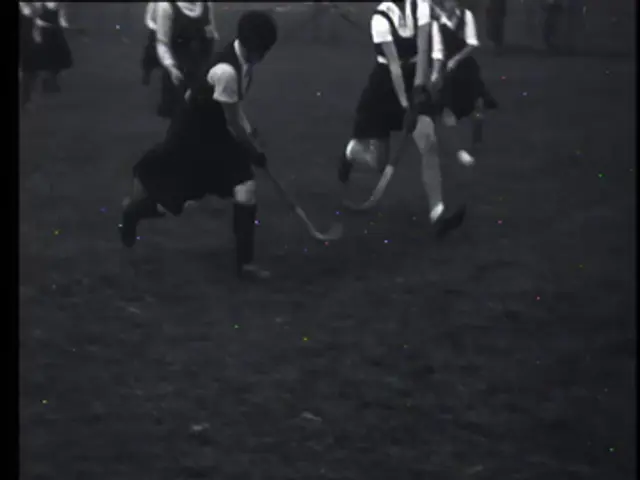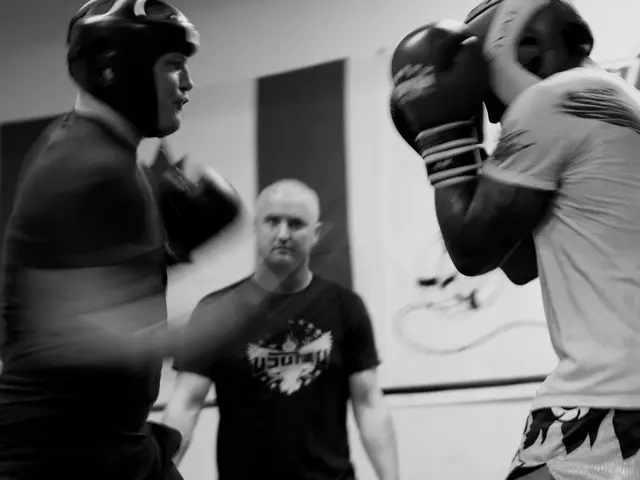Israel enforces 60-day blockade of Gaza; U.S. defends UNRWA restrictions at ICJ
The ongoing closure of Gaza, now in its 60th day, aggravates the hunger crisis in the coastal enclave. The International Court of Justice (ICJ) is currently holding hearings on the third day, addressing Israel's humanitarian responsibilities towards Palestinians.
Israel's extended blockade constitutes the longest such closure ever faced by Gaza, occurring alongside ongoing bombardments that claimed at least 30 lives in a single day (Wednesday).
Warnings of a potential famine are mounting, with charitable kitchens across the Strip at risk of closure within just a few days if assistance is not granted. Amjad Shawa, director of the Palestinian NGOs Network (PNGO) in Gaza, told Reuters that approximately 70-80 community kitchens are currently operating, down from 170 before the blockade[1]. Another 15 kitchens closed on Monday.
Since March 2, Israel has enforced a comprehensive embargo, preventing the entry of essential items such as food, water, and medicine[2]. The primary objective is to force Hamas into renegotiating the ceasefire deal, but the Palestinian group has refused and insists on a permanent truce instead[2].
The prolonged violence and blockade have triggered an intensified analysis of food insecurity and malnutrition throughout Gaza. The Integrated Food Security Phase Classification (IPC) system, a global hunger watchdog, has initiated a one-week assessment involving more than 50 trained analysts. The outcome of this analysis will determine whether the territory is on the brink of famine[3].
The World Food Programme (WFP) has depleted its stocks in Gaza, prompting shutdowns of bakeries due to a lack of flour and fuel. Families are forced to survive on less than a meal a day, resorting to eating whatever they can find, even if it's dangerous to consume[3]. Meanwhile, hospitals are overwhelmed by the high volume of wounded and have run out of basic supplies like painkillers[3].
The president of the Palestine Red Crescent Society, Younis al-Khatib, has called for sanctions on Israel, stating the state has violated international law and has left no space for humanity to exist in Gaza[3].
At the ICJ hearing, the United States defended Israel by arguing that while humanitarian aid should be provided, there is no legal obligation to work with UNRWA[4]. The US legal adviser from the State Department also suggested other organizations could replace UNRWA, despite the agency's repeated assertions that it cannot be easily replaced.
However, Russia argued that UNRWA's work is critical for the Palestinian people and is supported by the international community[4]. Although countries spoke critically of Israel's actions during the first two days of hearings, the United States was the only country to defend Israel on its third day[4].
Sources:
12345
- The analysis of food insecurity and malnutrition in Gaza continues, with further implications for the health and well-being of the population.
- Breaking news: The ongoing blockade in Gaza has led to the closure of several charitable kitchens, putting the remaining ones at risk.
- Amid the hunger crisis, the International Court of Justice (ICJ) is examining Israel's humanitarian responsibilities towards Palestinians.
- The Israeli blockade is causing a major setback in the education-and-self-development sector in Gaza, as schools struggle to provide quality education.
- The situation in Gaza is worsening, with refugees facing increased hardships due to the prolonged war.
- As warnings of a potential famine grow louder, online education platforms are working to provide learning opportunities and lifelong learning resources for those affected.
- The prolonged blockade and violence in Gaza have sparked heated debates and opinions regarding the ethical and legal aspects of the conflict.
- The worldwide community is closely watching the war-and-conflicts in Gaza, as the humanitarian crisis deepens.
- In the midst of the crisis, casinos-and-gambling seem to be the least of people's concerns in Gaza.
- However, some still resort to playing casino-games online as a means of distraction, given the uncertainty and turmoil in their daily lives.
- Meanwhile, car-accidents have increased in Gaza due to the deteriorating infrastructure and survival motivations.
- Politics and diplomacy continue to play a crucial role in resolving the crisis, with discussions concerning a permanent truce between Israel and Hamas.
- The peace negotiations are ongoing, but progress remains slow, with both parties agreeing to engage in talks but yet to reach a concrete resolution.
- The ongoing crisis in Gaza is casting a dark shadow over the sports world, as champions-league tournaments and other major events are disrupted.
- The NFL, WNBA, baseball, hockey, golf, tennis, and other sports organizations are closely monitoring the situation, hoping for a swift resolution.
- Sports-betting platforms are seeing a spike in bets related to the potential outcomes of the peace talks, reflecting the global interest in the crisis.
- European leagues, basketball, ncaa-basketball, mlb, nhl, racing, and premier-league have all expressed concerns over the impact of the Gaza crisis on their players and schedules.
- American football, NBA, grand-prix, horse-racing have also been affected, as athletes from the region are unable to participate in their respective events.
- Weather patterns are somewhat unaffected by the crisis in Gaza, but weather-forecasting is still crucial for farmers and aid organizations working in the region.
- Laliga, ncaa-football, and tennis tournaments are hoping to resume soon, depending on the progress of the peace talks and the overall stabilization of the region.
- Sports-analysis teams are closely following the developments in Gaza, aiming to provide accurate and insightful commentary on the impact of the crisis on sports in the region.
- Meanwhile, the United Nations is working to provide aid and support to those affected by the crisis, with a focus on addressing urgent needs like food, water, and shelter.
- Fires have broken out in several areas of Gaza due to the lack of basic services, posing additional risks to an already vulnerable population.
- With the crisis ongoing, it remains uncertain when normalcy will return to Gaza, leaving its residents to navigate through the challenges day by day.
- As the international community continues to closely monitor the situation, there is renewed hope for a peaceful resolution and a brighter future for the people of Gaza.
- The conflict in Gaza underscores the importance of education, self-development, and lifelong learning as key tools for overcoming adversity and building a better future for all.








